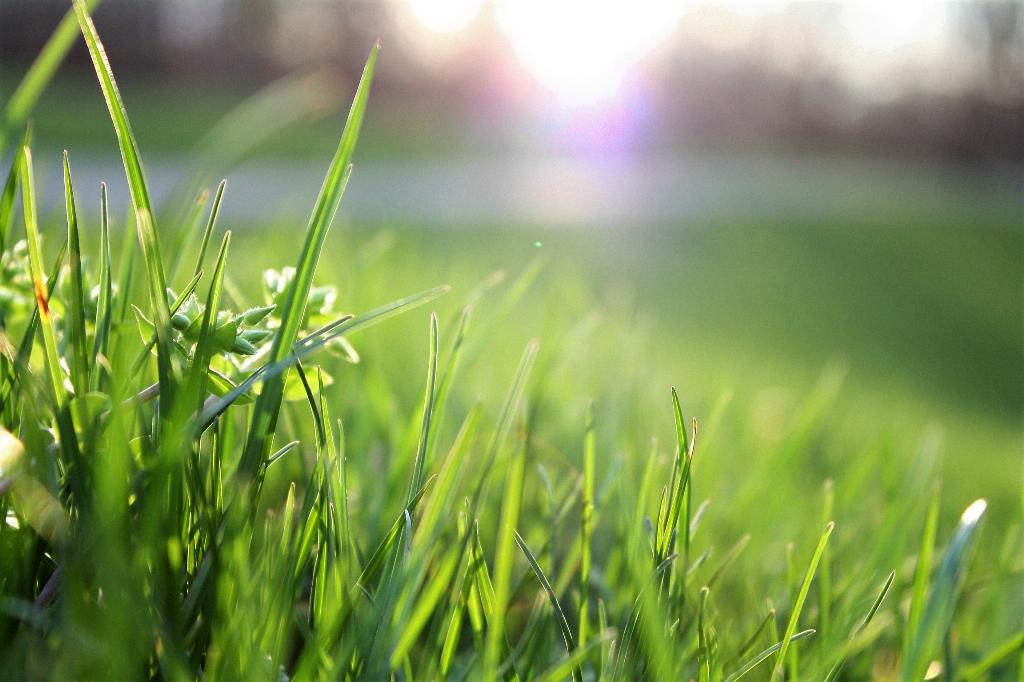Knowing when to stop watering your lawn can be crucial in maintaining its health and ensuring water conservation. While it’s essential to keep your grass well-hydrated, there comes a point when you need to adjust your watering schedule to accommodate changing weather patterns and seasonal conditions.
As the fall season approaches and temperatures begin to drop, it’s essential to pay attention to the signs that your lawn no longer requires as much water. One critical factor to consider is the onset of freezing temperatures. Once the ground freezes, watering your lawn becomes less effective as the frozen ground prevents water from penetrating deep into the soil.
Experts generally recommend ceasing regular watering once the temperature consistently drops to 30 degrees Fahrenheit or below. At this point, it’s best to prepare your lawn for the winter months ahead by reducing or entirely stopping your watering routine. This adjustment helps prevent water wastage and promotes the natural dormancy process that many grass types go through during the cold season.
For individuals residing in regions with high humidity levels, there is an added benefit to reducing water usage as winter approaches. Humid climates can help retain moisture in the soil for more extended periods, reducing the immediate need for excessive watering. By adjusting your watering schedule based on local climate conditions, you can conserve water without compromising the health of your lawn.
Another vital aspect to consider when determining when to stop watering your lawn is the condition of the grass itself. As winter approaches, many grass varieties enter a dormant phase in response to cooler temperatures and shorter daylight hours. During this period, the grass growth slows down significantly, leading to reduced water requirements.
Observing the behavior of your lawn can provide valuable insights into its current hydration needs. If you notice that the grass remains vibrant and healthy despite receiving less water, this is a positive indication that your lawn is well-prepared for the upcoming winter season. By adjusting your watering practices in alignment with your grass’s natural growth patterns, you can promote lush growth in the following spring.
While reducing watering frequency is essential as winter approaches, it’s crucial to remember that occasional hydration may still be necessary. In some regions, winter droughts or prolonged periods without precipitation can occur, putting stress on the grass. During these dry spells, providing limited water to your lawn can help prevent dehydration and maintain its health until the weather conditions improve.
Additionally, factors such as wind exposure, soil type, and the presence of mature trees can influence your lawn’s water requirements during the winter season. Areas that receive strong winds may dry out more quickly, necessitating occasional watering to supplement the soil’s moisture levels. Similarly, soil with poor water retention capabilities may benefit from more frequent but sparse watering sessions to ensure proper hydration.
When deciding when to stop watering your lawn, it’s essential to strike a balance between water conservation and lawn health. By closely monitoring weather conditions, adjusting your watering schedule based on temperature fluctuations, and observing the behavior of your grass, you can make informed decisions that promote a thriving lawn while minimizing water waste.
In conclusion, understanding when to stop watering your lawn involves a combination of environmental awareness, grass observation, and proactive water management. By tailoring your watering practices to suit the changing seasons and the specific needs of your lawn, you can contribute to sustainability efforts while maintaining a lush and vibrant outdoor space.

